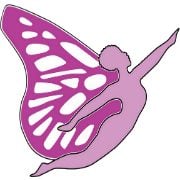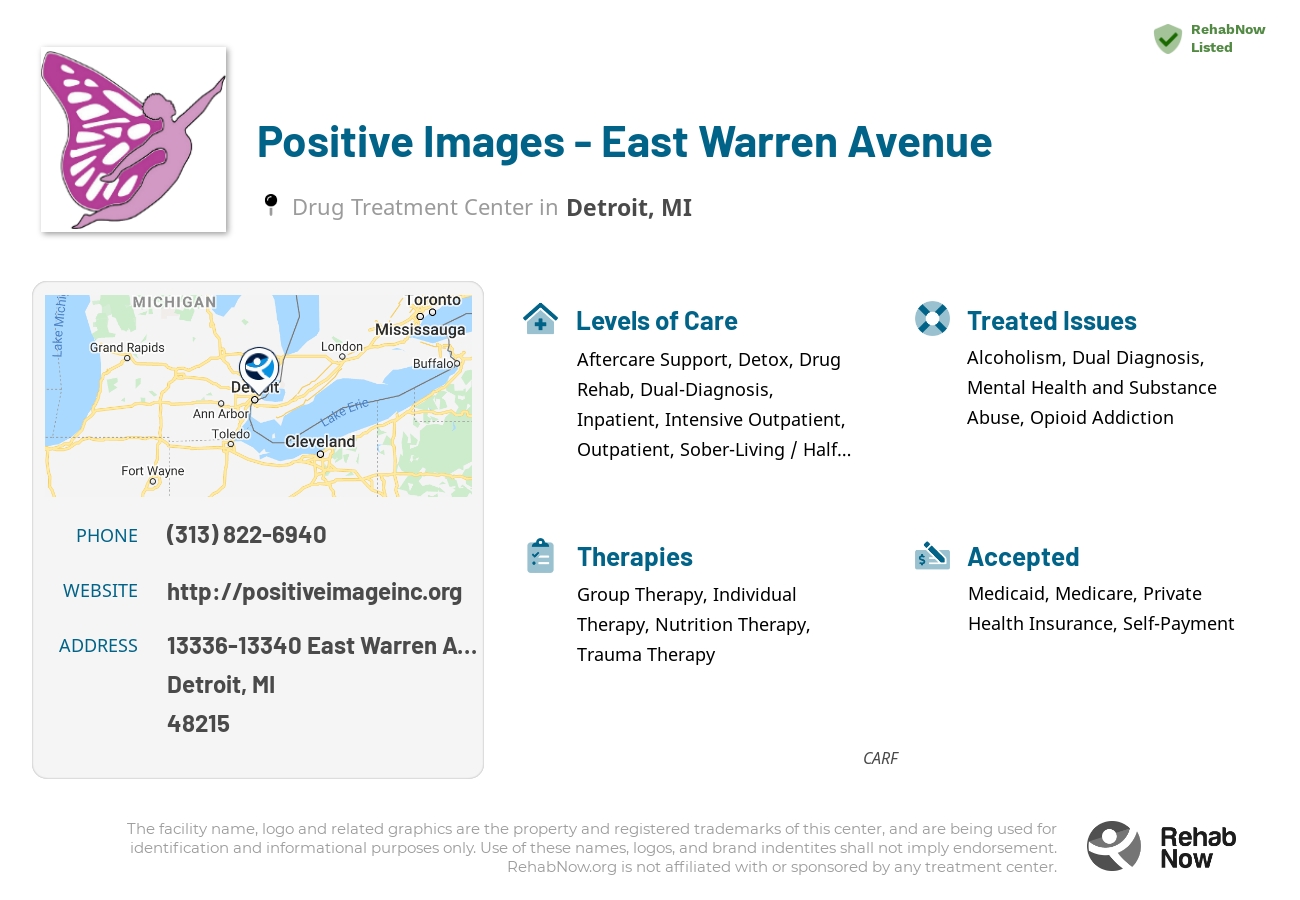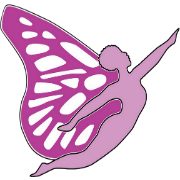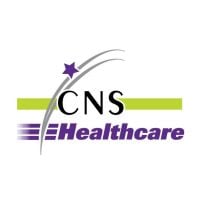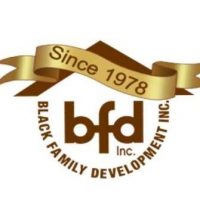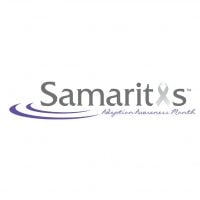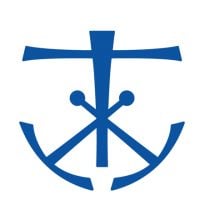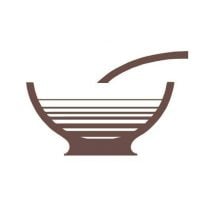Positive Images - East Warren Avenue
Drug Rehab Center in Detroit, Michigan
Positive Images - East Warren Avenue in Detroit, Michigan offers tailored evidence-based treatment programs for addiction and substance abuse, with a dedicated staff of counselors, therapists, psychiatrists, and recovery coaches and high-quality care, and is accredited and licensed by The Joint Commission and SAMHSA and has been awarded the National Council for Behavioral Health Seal of Distinction.
About Positive Images - East Warren Avenue in Michigan
Positive Images - East Warren Avenue in Detroit, Michigan provides treatment programs for those struggling with addiction and substance abuse. Their services are tailored to meet the individual needs of each client, and they offer both outpatient and residential programs. Their staff consists of counselors, therapists, psychiatrists, and even recovery coaches, all of whom are dedicated to helping individuals achieve sobriety.
At Positive Images - East Warren Avenue, clients are offered evidence-based treatment for their addiction and/or substance abuse. Treatment includes individual and group therapy, trauma-informed care, psychotherapy, and cognitive-behavioral therapy. They also offer family therapy, holistic therapies, and aftercare services. The quality of care is high and clients are given the tools they need to move forward with their lives.
In addition to quality treatment and care, Positive Images - East Warren Avenue is accredited by The Joint Commission and is SAMHSA licensed. They have also been awarded the National Council for Behavioral Health Seal of Distinction for meeting high standards of quality care. At Positive Images - East Warren Avenue, those struggling with addiction and substance abuse can find the support they need to make lasting and positive changes in their life.
Genders
Ages
Modality
Additional
Accreditations

CARF
The Commission on Accreditation of Rehabilitation Facilities (CARF) is a non-profit organization that specifically accredits rehab organizations. Founded in 1966, CARF's, mission is to help service providers like rehab facilities maintain high standards of care.
Conditions and Issues Treated
Many people who struggle with opioid addiction need to attend specific programs like methadone , Suboxone or Vivitrol clinics.
These types of programs will provide the patient with legal, prescription medications that can help them overcome their cravings for illegal opioids like heroin or fentanyl . If the patient has a chronic condition like Hepatitis C, they must undergo treatment before they can begin taking these medications.
Dual Diagnosis is a specific relationship between two or more disorders that have the same symptoms and can sometimes be treated together. This is used in the treatment planning process when dealing with drug addicts. Dual diagnosis can be viewed as a chronic medical condition that has comorbid psychiatric disorders.
Although addiction and a mental illness may have separate symptoms that are not easy to detect, they often go hand in hand. Many times, drug abuse is a direct result of the mental illness. In other words, treating the addiction will not resolve all of your issues. Unless you also treat the underlying mental illness, you will not be successful in achieving sobriety.
Levels of Care Offered
This center offers a variety of custom treatment tailored to individual recovery. Currently available are Aftercare Support, Detox, Drug Rehab, Dual-Diagnosis, Inpatient, Intensive Outpatient, Outpatient, Residential, Sober-Living / Half-Way, with additional therapies available as listed below.
Detox refers to the progressive elimination from the body of toxins. The detox period depends on the form of addiction, the length of drug abuse, and the state of health. Under the supervision of medical practitioners, MAT detox based in Detroit, MI requires the use of medications.
Inpatient treatment is an intensive program that takes place when a patient checks into a rehabilitation facility. The treatment includes detoxification and counseling sessions, which are round the clock. Outpatient treatments are also available, but inpatient care is advised as the first step of rehabilitation.
Intensive rehab ensures the patient stays in a substance-free atmosphere, improving treatment success rates. The patient participates in group therapy for motivation from other patients who have overcome addiction. Family members are also involved in providing emotional support throughout the program.
An intensive outpatient program is usually the first phase of addiction treatment. It provides relief for those who are addicted, but are not ready to commit to an inpatient setting. Typically, the patient lives at home and is able to work or go to school. IOPs consist of a daily 3 to 5-hour program, and there is a required number of hours per week. Most patients go to IOP between 20 and 40 hours per week. The patient attends group counseling and individual therapy throughout the duration of treatment. They also meet daily with their therapist to discuss how it’s going and where they are in the recovery process.
The goal here is to teach patients healthy coping skills, such as stress management and identifying thoughts and behaviors that lead to relapse. The implementation of these skills will be useful as the individual transitions into the next phases of treatment.
An outpatient treatment program is set up to help with alcohol or drug addiction, or a co-occurring disorder. The patient must attend the Michigan facility for their therapy and other programs but are able to return home each night. The frequency of mandatory attendance decreases after much of Positive Images - East Warren Avenue‘s program is complete.
Sober Living Homes are an option for those who have completed a treatment program within the past several months. However, it isn’t advisable to use this as a permanent living arrangement because it can lead to a relapse .
The goal of a sober living home is to provide a supportive environment for recovering addicts so they don’t need to return to their previous lifestyles. The homes will not accept residents who are still using drugs or alcohol, and those living in the house must follow a set of rules dictating how they should behave to avoid relapsing.
Residential treatment programs are those that offer housing and meals in addition to substance abuse treatment. Rehab facilities that offer residential treatment allow patients to focus solely on recovery, in an environment totally separate from their lives. Some rehab centers specialize in short-term residential treatment (a few days to a week or two), while others solely provide treatment on a long-term basis (several weeks to months). Some offer both, and tailor treatment to the patient’s individual requirements.
Aftercare is a term that’s used to refer to any sort of continuing care offered for a drug addict who has voluntarily entered a rehabilitation program. This type of care can be provided in several settings, including outpatient therapy sessions after the addict has completed an inpatient program. There are also 12-step support groups, such as Alcoholics Anonymous, which can provide additional help for addicts trying to stay sober.
Therapies & Programs
Individual Therapy is a critical component of addiction recovery. Therapists work with patients to identify the root of their addiction and figure out how to better handle the issues that led to them using drugs. Individual Therapy is the one-on-one session where people meet with their therapist. Individual therapy provides a safe space for people to open up and discuss personal and sensitive topics which they may not feel comfortable discussing in a group setting.
Group Therapy is utilized by drug treatment centers like Positive Images - East Warren Avenue to provide the recovering drug addict with a platform to talk about their feelings and experiences. It also provides for an opportunity to learn from other addicts who have successfully overcome their addiction.
Group Therapy is employed in lectures, seminars, or discussion groups (the latter two are typically conducted as “therapy groups”). It is recommended that all group members be recovering addicts for this type of therapy to work (though it does not exclude others with lived experience).
Trauma therapy is a clinical process that helps individuals deal with mental stress often caused by traumatic events. It is generally done for children, teenage victims of sexual assault, and war veterans. The therapist helps the person identify, understand and work through the problem. This is done with the help of talking about it in group or one-on-one counseling sessions. Therapists use relaxation, role-playing, art, and music to help the person open up about what is bothering them.
Nutrition therapy has been used to help drug addicts for decades. Many early reports on addiction treatment indicate that some patients recovered from the “satisfying power of food”. For years, this phenomenon has been utilized as a treatment modality in eating disorders for adults, adolescents, and children. Specific nutrients have been identified that influence neurotransmitters associated with reward pathways of the brain.
Studies have shown that carbohydrate loading with complex carbohydrates to elevate serotonin levels was effective in treating bulimia nervosa. This approach prompted researchers to explore the use of this type of nutritional intervention in other disorders.
Nicotine replacement therapy treats nicotine addiction using external sources of nicotine, such as patches or gum to substitute for nicotine. This allows people trying to quit smoking to get their desired dose of nicotine without actually having to smoke cigarettes. The idea behind NRT is that by providing smokers with nicotine in forms that are not cigarettes, they may be more likely to quit smoking.
NRT has been available for many years now, and there is a wealth of evidence that shows that it helps people trying to quit smoking. There are several different types of NRT devices on the market now. Patients interested in quitting smoking should talk to their doctors about the best kind of NRT for them.
Payment Options Accepted
For specific insurance or payment methods please contact us.
Is your insurance accepted?
Ask an expert, call (888) 674-0062
Additional Details
Specifics, location, and helpful extra information.
Detroit, Michigan 48215 Phone Number(313) 822-6940 Meta DetailsUpdated November 25, 2023
Staff Verified
Positive Images - East Warren Avenue Patient Reviews
There are no reviews yet. Be the first one to write one.
Detroit, Michigan Addiction Information
Michigan has the second-highest rate of drug and alcohol abuse in the nation. Heroin is linked to more than 50% of the state's hepatitis C cases. Marijuana is the drug most often associated with crimes in Michigan, followed by methamphetamines. Opioids alone are responsible for almost 20% of all drug overdose deaths in Michigan.
Over 1,000 drug-related overdose deaths occurred in Detroit, Michigan, in 2017 alone. Opioids (42%) and benzodiazepines (22%) are the most common drugs involved in overdose deaths. Drug overdoses killed more people in 2016 than homicides. In Detroit, Michigan, there are a variety of drug rehab centers to choose from. The most important thing is to find a facility that will best meet the needs of the individual.
Treatment in Nearby Cities
- Alpena, MI (186.0 mi.)
- Kingsford, MI (345.9 mi.)
- Bessemer, MI (449.7 mi.)
- Saint Joseph, MI (181.7 mi.)
- Wakefield, MI (445.2 mi.)
Centers near Positive Images - East Warren Avenue
The facility name, logo and brand are the property and registered trademarks of Positive Images - East Warren Avenue, and are being used for identification and informational purposes only. Use of these names, logos and brands shall not imply endorsement. RehabNow.org is not affiliated with or sponsored by Positive Images - East Warren Avenue.
